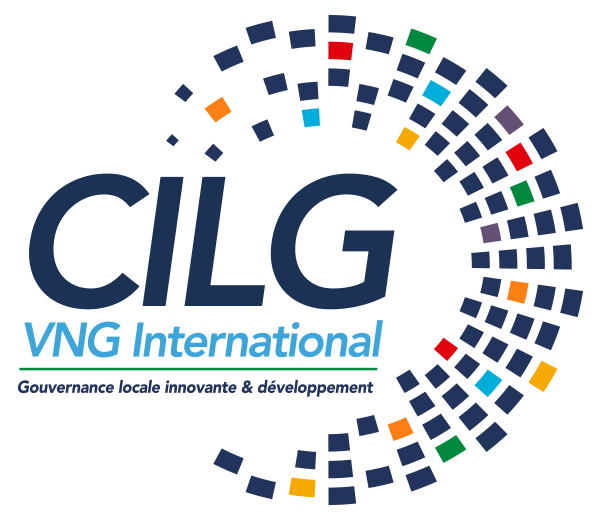Thinking about the economic development of one’s city involves deploying a strategic vision to sustainably maximize the economic well-being of its population, businesses, and local government entities. It is primarily a collective effort that brings together various stakeholders of the local economic apparatus to conduct participatory diagnosis, build relevant and achievable development axes, and formulate a multi-actor action plan.
Objectives:
Local economic development strategies aim to:
- Provide beneficiary municipalities with a vision, a strategic framework, and a long, medium, and short-term action plan for the economic development of their cities, adapted to the local context and implemented through a participatory approach.
- Strengthen the management and economic planning capacities of these municipalities by helping them better identify their needs, prioritize their strategic orientations, and transform them into action plans and economic development projects.
- Encourage local actors to collectively support a common economic project for their territory, enhance their networking capacities among themselves, as well as with regional and national institutions.
Mechanism:
The implementation of a city’s economic development strategy involves the following steps:
- Conducting a shared economic territorial diagnosis validated by all stakeholders involved at the municipal level.
- Cross-referencing collected data to identify the most significant facts, key sectors of the territory, major actors, and characterize ongoing or planned projects for the relevant period.
- Organizing thematic prioritization workshops with local actors, supervised by specialists and experts in governance and local economic strategy.
- Identifying objectives and strategic lines and formulating a shared vision that brings together all partners and actors around the territory’s economic project.
- Translating the strategic lines of the economic development strategy into programs and projects to be implemented and scheduled over short, medium, and long-term horizons.
- Drafting project sheets that define responsibilities, financial resources, and the duration of implementation for each identified program and/or project as structuring or priority projects.
- Establishing a governance, monitoring, and evaluation system to track the progress of plan implementation.
Results:
Municipalities benefiting from a city economic development strategy are able to:
- Have a shared vision of economic development for their territories that is shared by all stakeholders and translated into concrete actions and projects.
- Promote their territory and mobilize public and private, national, and international actors for financing and supporting locally-driven projects.

